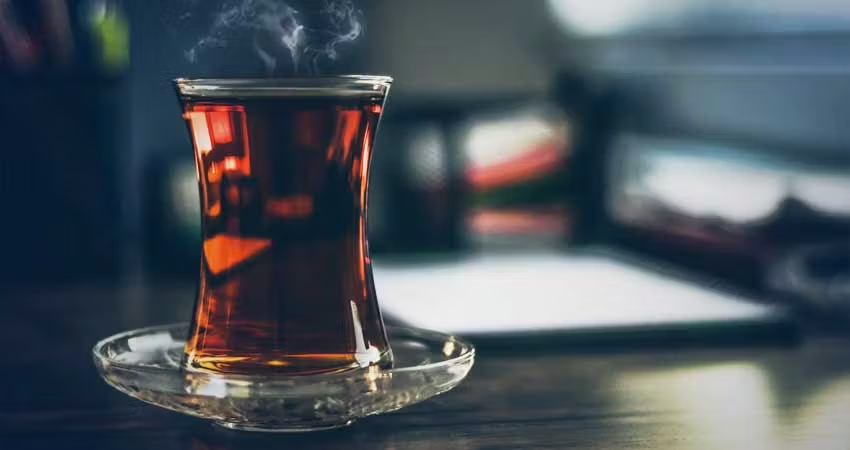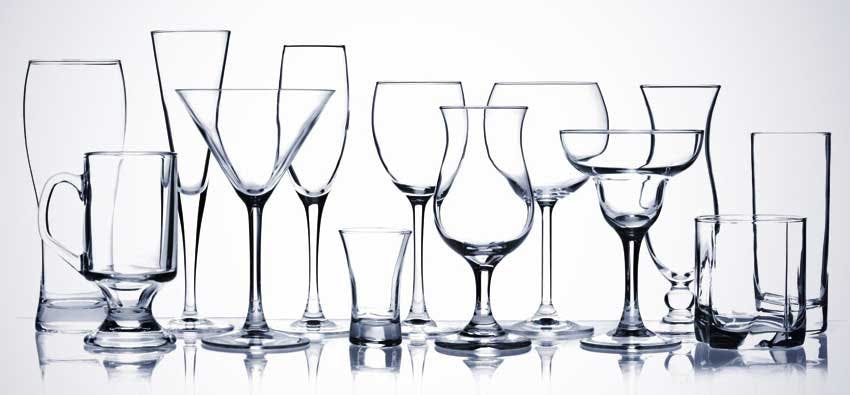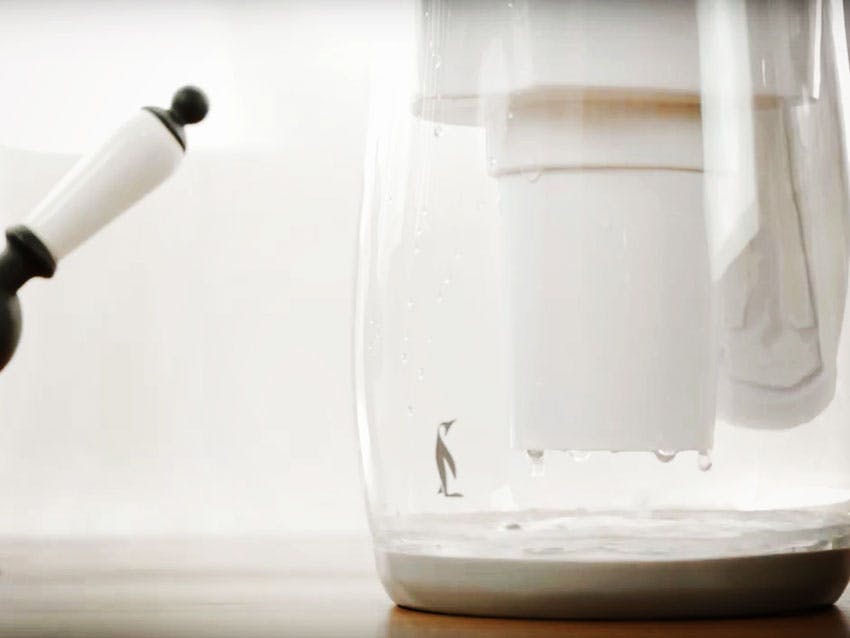What is Borosilicate Glass?
Most people don’t realise is that not all glass is created equally. Borosilicate glass is a special kind of glass which incorporates two chemicals in high concentration: boron trioxide and silica. These safe and environmentally-friendly chemicals make borosilicate glass more heat resistant than other forms of glass on the market.
What is Borosilicate Glass made of?
Borosilicate glass is made by combining boron trioxide with silica sand, soda ash, and alumina. Because of the different melting points of the various components, it took manufacturers a considerable amount of time to figure out how to make the glass. Even today, they use a range of methods, including moulding, tube drawing and floating.
What is the difference between borosilicate glass and soda-lime glass?
Soda-lime glass is the most common kind of glass. You find it in all sorts of applications, from window panes to glass jars. Soda-lime glass accounts for around 90 per cent of all glass manufactured in the world.
The main difference between soda-lime glass and borosilicate glass is their silicon dioxide and boron trioxide content. Soda-lime glass typically contains 69 per cent silicon dioxide compared to 80.6 for borosilicate glass. It also contains far less boron trioxide: just 1 per cent compared to 13 per cent in borosilicate.
Four factors differentiate borosilicate glass from its regular soda-lime counterpart. As discussed above, it is thermal shock resistant, meaning you can pour boiling water into a borosilicate glass jug and it won’t crack. The borosilicate glass is harder than regular glass as it can be moulded into more complex shapes. It is also more resistant to acid erosion (which is why you commonly find it used in chemistry labs).

Is Borosilicate Glass safe or toxic?
Just like regular glass, borosilicate glass is completely non-toxic. Companies like Pyrex use it as a safe material to make heat-resistant glass jugs, glass bottles, and cookware. Food and drink from borosilicate containers often taste better because the material does not leach out, as it does in plastic bottles and other BPA-containing packaging.
Is Borosilicate Glass BPA free?
Borosilicate glass itself is BPA-free. However, some products which use borosilicate may have other components made from BPA plastic. When choosing borosilicate products, check to see the chemical composition of any plastic products. All pure borosilicate glass products (like baking dishes) are 100 per cent BPA-free.
Is Borosilicate Glass safe to drink from?
Borosilicate glass is safe to drink from, just like regular glass. Borosilicate glass helps you to improve sustainability and keep plastic waste out of landfill, which is good news for the environment. Plastic pollution is a significant concern, so using a reusable jug or bottle made of borosilicate glass can help enormously.

What is Borosilicate Glass used for?
Borosilicate glass is used for all kinds of things.
- Research and chemistry labs. Researchers and chemists love borosilicate glass for its ability to resistant both extremes of acid and heat. Borosilicate glass will not crack or break down when it comes into contact with the kind of compounds that you might find in a chemistry lab.
- Cookware. Pyrex is famous for its use of borosilicate glass in cookware. Borosilicate glass does not crack at high temperatures found in ovens. It’s ideal, therefore, for casserole dishes.
- Water Jugs/Bottles. More durable than Soda-lime glass, strong enough to compete with plastic.
- Wine glasses. Some wine glasses are made of borosilicate glass. Manufacturers make them in this way to enhance strength and durability.
- Industrial applications. Borosilicate glass is much stronger than traditional soda-lime glass. Many industrial manufacturers prefer to use it across a variety of heavy-duty applications, such as panels on consoles or for viewing machinery.
Is Borosilicate Glass durable?
Borosilicate glass is highly durable. In fact, that’s what makes it so famous and sought-after.
Borosilicate glass requires higher temperatures to make than regular soda-lime glass. The higher manufacturing temperatures are what confers its heat resistance. You need to apply more heat to change the glass’s chemical structure.
The higher manufacturing temperatures also make the glass much stronger.
Why is Borosilicate Glass better?
Borosilicate glass is better than regular glass for a wide variety of reasons.
First, borosilicate glass expands by only half the amount of regular soda-lime glass when exposed to heat. Its low coefficient of thermal expansion means that it is far less liable to crack than regular glass.
Second, borosilicate glass is much harder and stronger than soda-lime glass. This feature makes it an ideal water container to take with you while you travel.
Third, borosilicate glass is much more malleable than regular glass, allowing you to make more complex shapes. Some manufacturers turn borosilicate glass into vacuum insulated vessels that will keep your drinks warm or cold. Just as before, this feature makes borosilicate glass the ideal material for making sustainable glass bottles. These bottles are long-lasting and don’t contain any BPA which could damage your health.
Fourth, borosilicate glass is resistant to acid, while soda-lime glass is much less so. Beers have an acidity of the pH scale of 3.3, meaning that it’s probably better to put them in a borosilicate glass than ordinary glass.

Should I switch to a Borosilicate Glass water jug/bottle?
The great thing about borosilicate is that it gives you all of the advantages of glass, but with none of the drawbacks. From an environmental perspective, borosilicate is a godsend. It has enough strength to compete with plastic, but it doesn’t contain any of the harming toxins, like phthalates or BPA.
Is it worth the money?
For the vast majority of people, borosilicate is worth spending the extra money. As discussed, you get a host of benefits, with few of the downsides. Ecobud’s stylish Gentoo Glass Water Filter Jug body is made of hand-blown borosilicate glass. It’s highly durable and will stand the test of time while preventing any nasty chemicals from leaching into your crystal clear drinking water. It is reusable and recyclable.